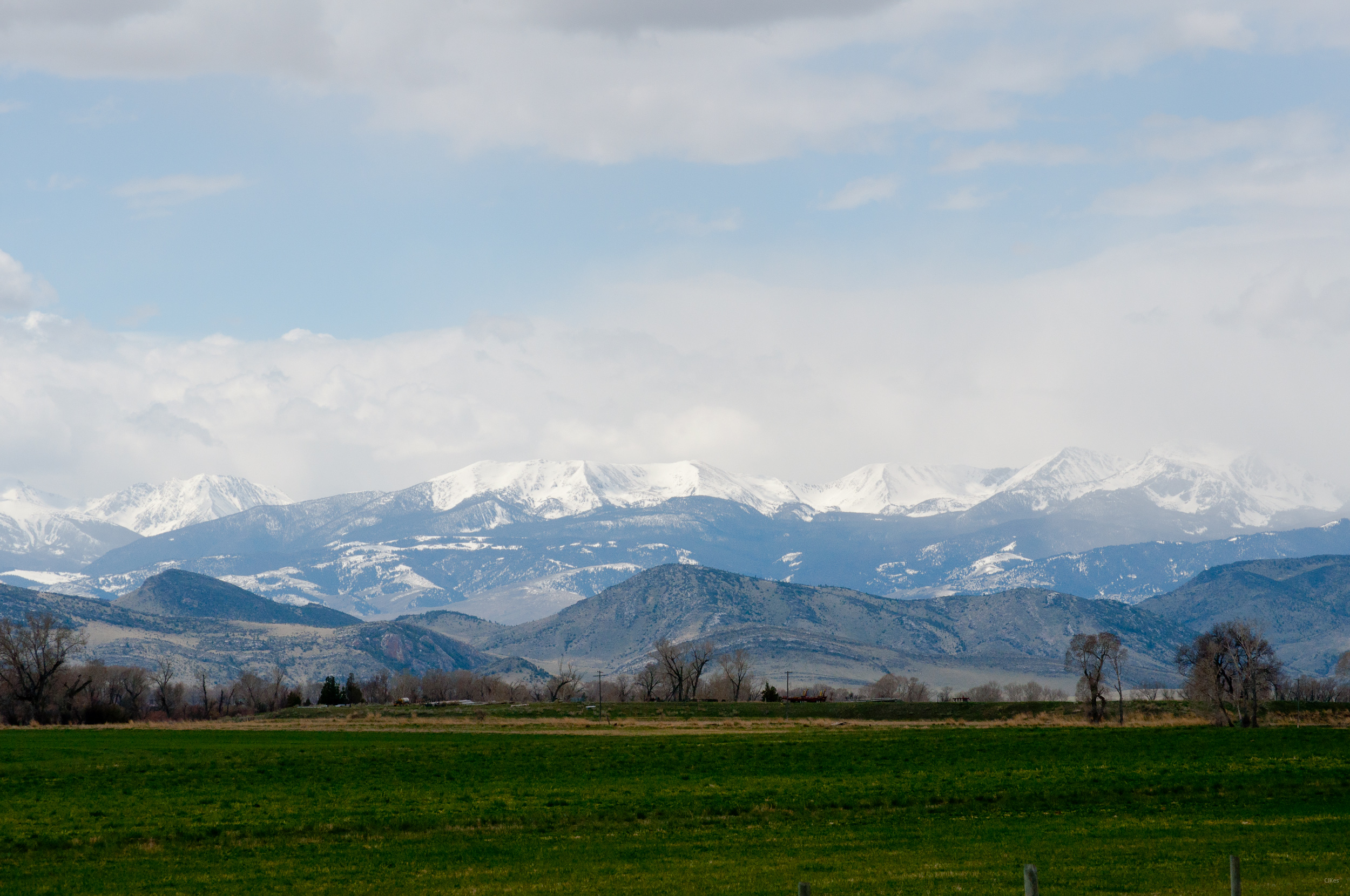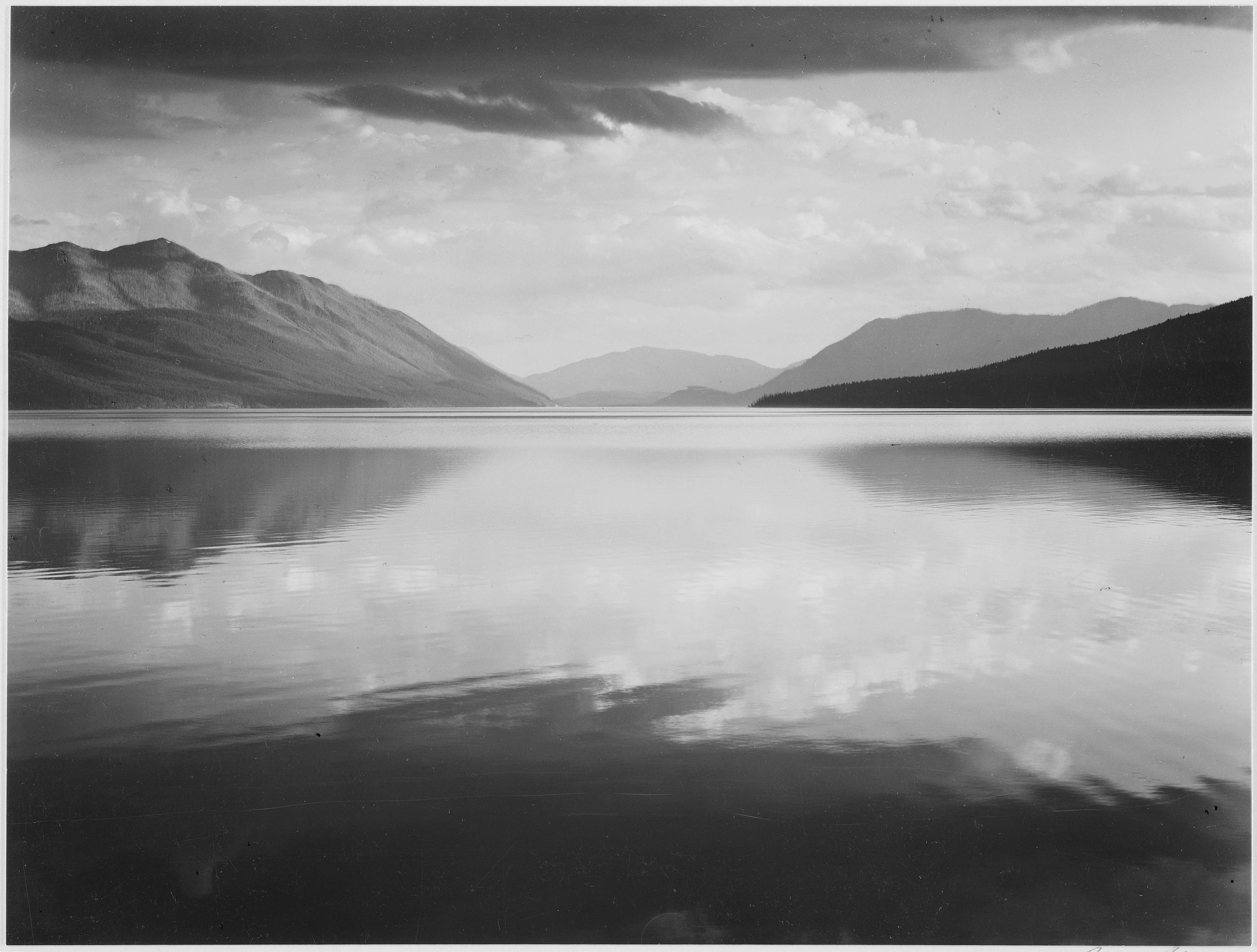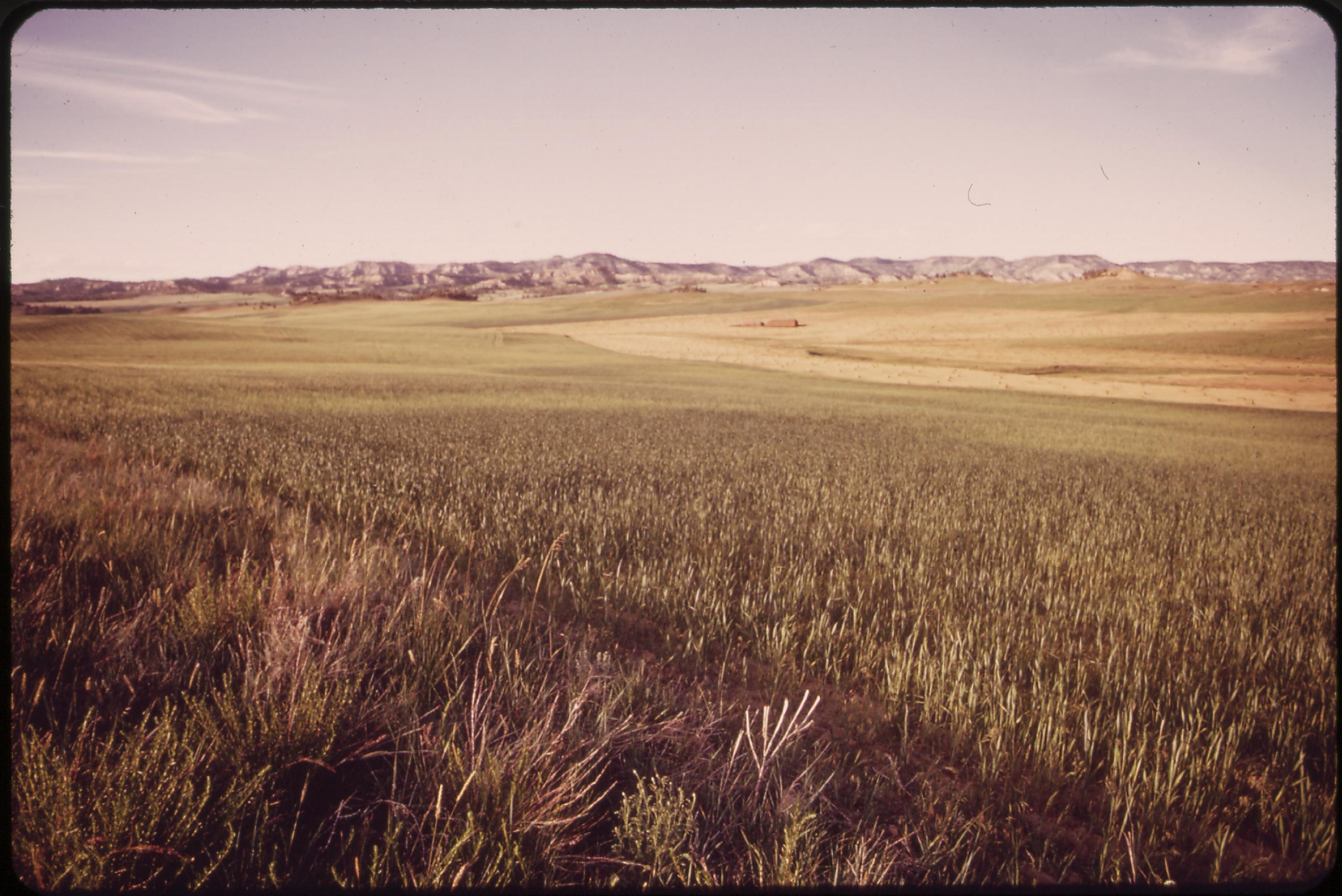





As part of the reconstruction of the badly damaged city of Plymouth following World War Two, prefabricated houses were sent from America. In appreciation, the streets in which they were erected were named after American states, which in turn lent names to New Plymouth.
Over the years, the English redeveloped the area and various street names have disappeared. Only a handful of American state names have survived, among them Nevada Close, while others such as Florida Gardens, Colorado Walk and Montana Place have disappeared, along with most of the prefabricated houses.
Throughout England, these houses fulfilled an immediate post-war need. With names such as Uni-Seco, Phoenix, Arcon, and even one known as the Foamed Slag, they were only expected to last 10 to 15 years. Remarkably, some are still standing today, the largest concentration of which is located on the Excalibur estate in south-east London.
In 2009 six of these were even granted a grade II heritage status by the Department of Culture, Media and Sport. They also have some loyal residents. Eddie O'Mahony moved into his one during the summer of 1946. So fond is he of his asbestos-clad bungalow that he told the Guardian newspaper, "I wouldn't swap it for Buckingham Palace, even if they included the Queen".
Or we guess, for the whole of Montana, which is in the north-west of the United States. It is the fourth largest state, but its population of less than a million ranks it amongst the smallest in the nation. A mountainous west and plains in the east result in a rich topography and climatic extremes. This natural splendour includes the Glacier National Park and three of the five entrances to Yellowstone National Park.
This story was originally published in the Taranaki Daily News.
Please do not reproduce these images without permission from Puke Ariki.
Contact us for more information or you can order images online here.